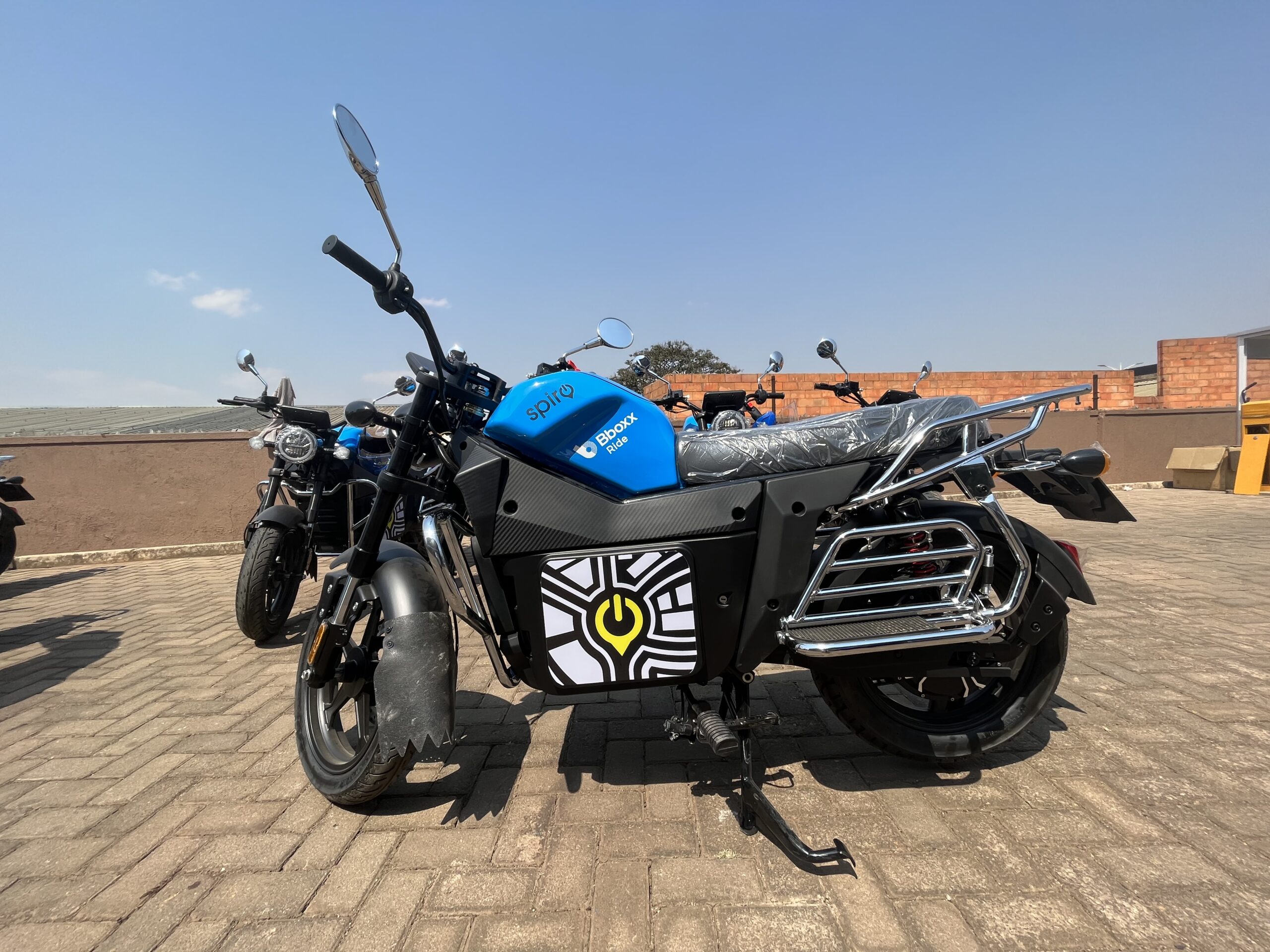Spiro, a startup with a mission to rid the roads of polluting motorcycles and scooters by replacing them with electric vehicle, is making its grand entrance into Kenya. This comes on the heels of the inaugural Africa Climate Summit held in Nairobi, where the Kenyan government announced the arrival of Spiro in the country, unveiling its most significant deployment to date: a fleet of 1.2 million electric vehicles.
This marks a substantial expansion for Spiro, a Benin-based company founded in 2022 that is currently operating a fleet of 10,000 electric bikes across Benin, Togo, and Rwanda. The company’s ambitious roadmap includes a five-year plan to introduce 140,000 electric bikes in Uganda.
A Lofty Ambition: Pollution Elimination
Spiro’s objective transcends mere pollution reduction; it seeks to obliterate pollution sources entirely, according to CEO Jules Samain. As part of this commitment, Spiro ensures the recycling and repurposing of components from old motorcycles when they are swapped for new electric bikes.
What makes Spiro’s approach distinctive is the organization of “crushing events” in Benin and Togo, where outdated motorized vehicles undergo public demolition, and the salvaged materials are repurposed.
The Swapping Process
The particulars of the swapping process vary from one country to another. In Kenya, motorcycle owners are incentivized with an offer of 50,000 Kenyan shillings (equivalent to approximately $344), amounting to roughly a third of the cost of a new electric bike, when they trade in their existing gasoline-powered motorcycles for electric ones.
Subsequently, they have the option to subscribe to a daily plan costing around 255 Kenyan shillings (approximately $2). This subscription serves a dual purpose: it enables riders to settle the outstanding balance and grants them access to battery-swap stations where they can efficiently exchange depleted batteries for fully charged ones.
Environmental Benefits and Economic Savings
Spiro’s program delivers a twofold benefit. It not only reduces the prevalence of petrol and diesel vehicles on the road, thus contributing to a decrease in air pollution, but it also translates to cost savings for riders in terms of fuel expenses and maintenance. In fact, the company reports that some of its motorbike taxi drivers have witnessed a boost in their daily earnings from approximately $6 to $11 since becoming part of the program.
A 2022 report from the FIA Foundation, an international organization focused on transport and road safety, underscores that while the initial purchase price of electric motorcycles might exceed that of their petrol-powered counterparts, the operational costs are substantially lower. It points out that in many African nations, one liter of petrol provides a similar distance of travel as one kilowatt-hour of electricity, but at a cost that is five to ten times higher.
The report highlights that battery-swapping initiatives are pivotal in making electric two-wheelers more affordable. By selling electric motorcycles without the battery, the initial purchase cost is significantly reduced.
Infrastructure Expansion
For battery-swapping programs to be successful, the presence of reliable and accessible charging infrastructure is paramount. Spiro has pledged to establish 3,000 such stations throughout Kenya, addressing concerns related to the range of electric vehicles and making substantial contributions to the growth of the nation’s electric vehicle infrastructure.
The company, which currently manufactures the majority of its bikes and scooters in China, has also committed to creating a local manufacturing hub in Kenya, generating employment opportunities.
Kenya’s president, William Ruto, expressed his views during the initiative’s launch, highlighting that it not only fosters job creation but also facilitates the transfer of knowledge, technology, and skills to the local market in a sustainable and enduring manner.
